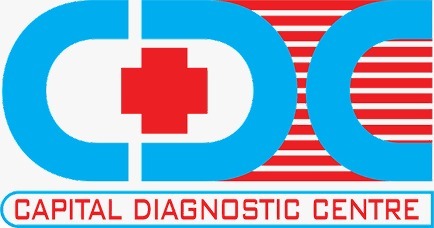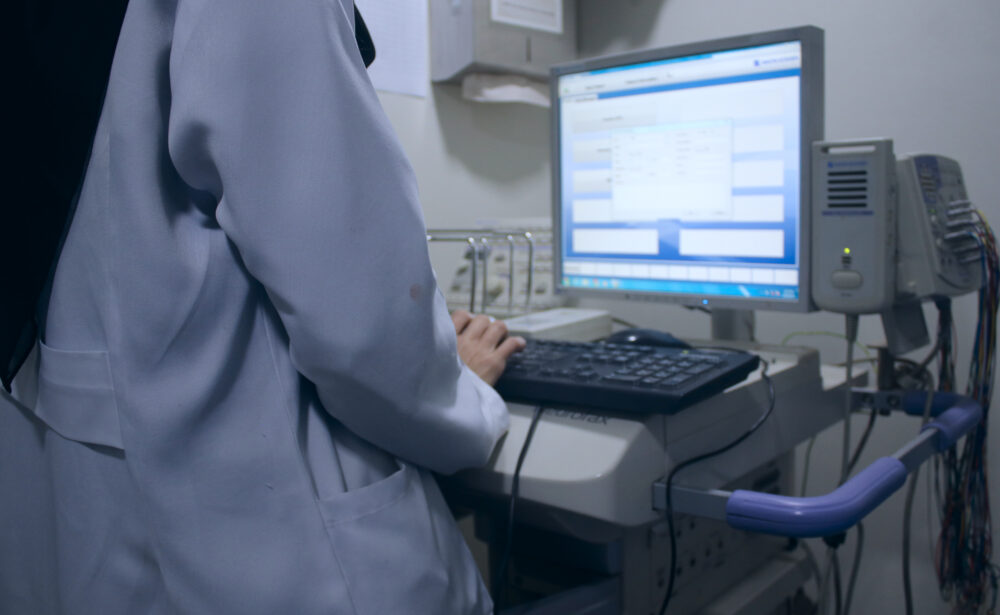Electroencephalography (EEG) – Brain Activity Monitoring at CDC
Electroencephalography (EEG) is a non-invasive test that records electrical activity in the brain to diagnose conditions like epilepsy, seizures, sleep disorders, and brain dysfunction.
At CDC, we use advanced EEG technology to monitor and analyze brain waves, helping neurologists detect abnormalities in real time.
This test is essential for evaluating unexplained headaches, dizziness, fainting spells, and memory issues. Our expert technicians ensure a comfortable experience with precise, high-quality results. Whether you need routine EEG, sleep EEG, or video EEG monitoring, CDC provides expert care and accurate neurological assessment.
Non-Invasive & Painless Brain Activity Recording
Quick & Efficient Procedure (30-60 Minutes)
Essential for Seizure & Epilepsy Diagnosis
Benefits of EEG Research
EEG testing helps in diagnosing brain disorders that cause seizures, memory loss, and unconsciousness.
It plays a key role in monitoring brain function after head injuries and strokes. Doctors use EEG results to evaluate treatment effectiveness for neurological conditions. Sleep EEG tests detect sleep disorders like insomnia, sleep apnea, and narcolepsy.
- Detects Epilepsy & Seizures Early
- Assesses Brain Function After Stroke or Injury
- Non-Invasive & Safe for All Ages
- Provides Real-Time Neurological Data
Frequently Asked Questions (FAQs)
EEG is used to diagnose epilepsy, seizures, brain injuries, and neurological disorders.
A standard EEG takes 30 to 60 minutes, while extended monitoring may last longer.
No, EEG is a completely painless and non-invasive procedure.
Avoid caffeine and wash your hair before the test to ensure accurate results.
CDC offers expert neurologists, advanced EEG technology, and accurate results.

